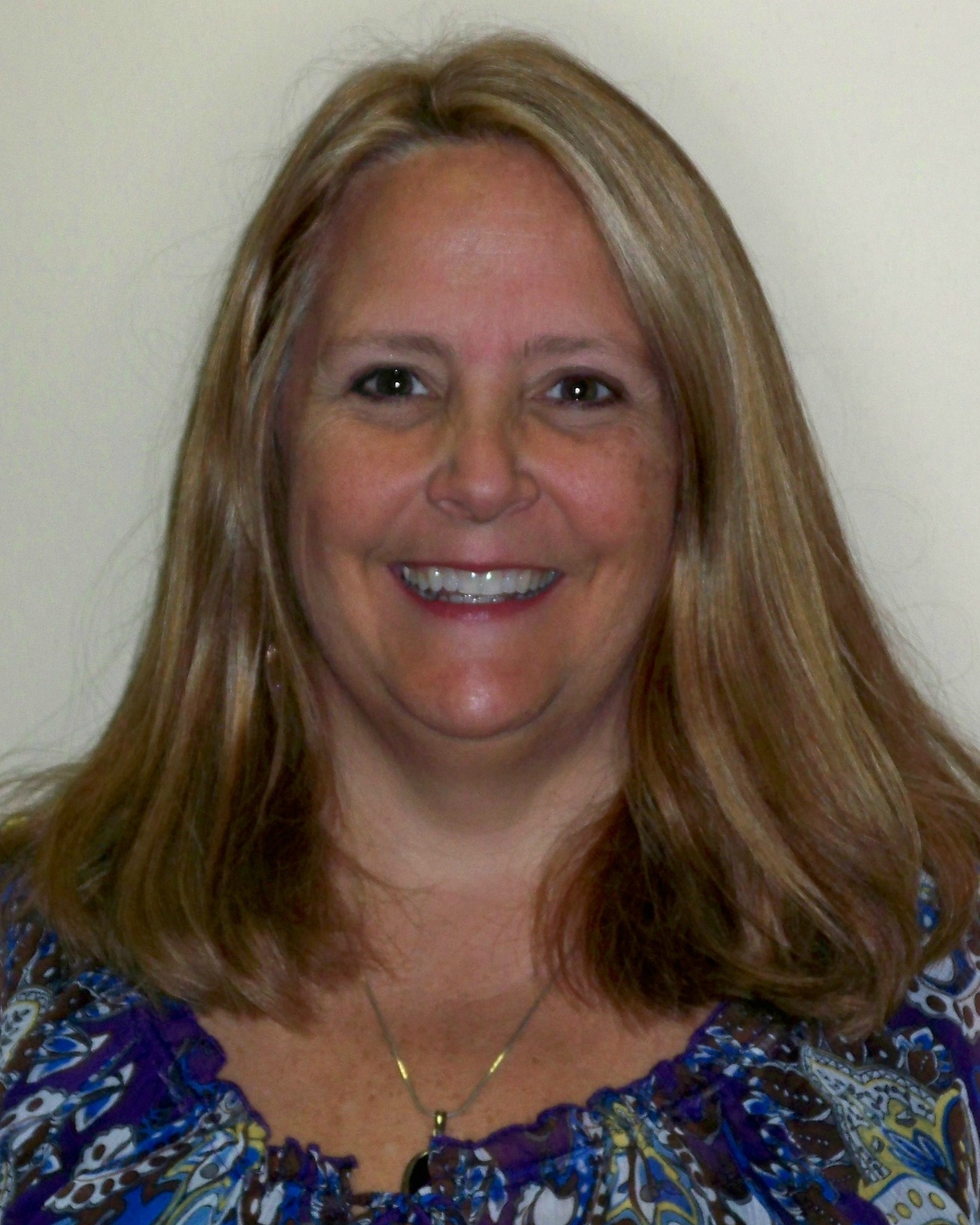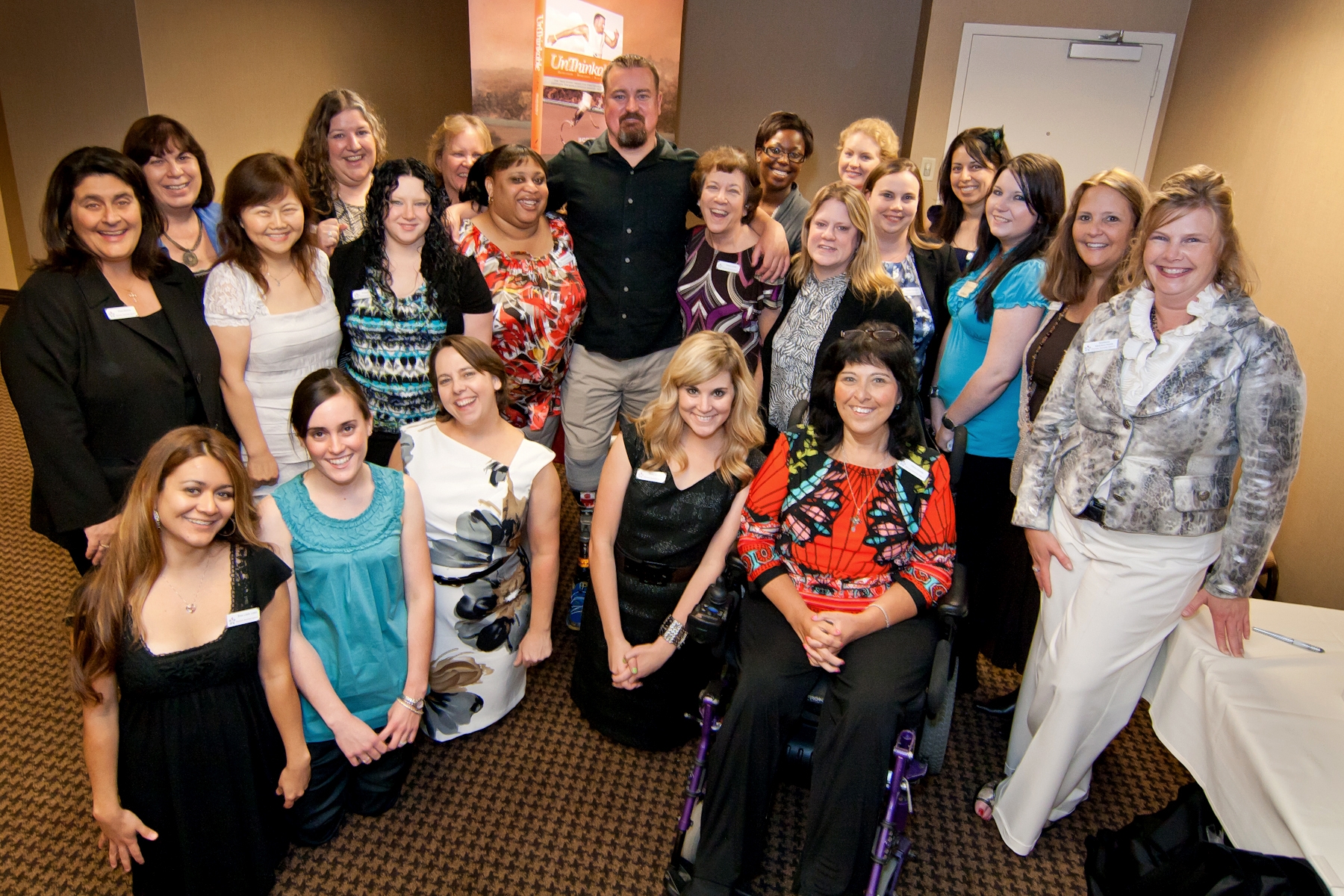
Vicki Niedermayer
What is Helping Restore Ability?
Helping Restore Ability is an independent non-profit agency that serves the entire state of Texas. We assist people with physical disabilities so they can participate fully in society and live independent and active lives with dignity, respect, and care.
We provide home-attendant care to clients with severe physical disabilities, including senior citizens with age-related disabilities.
The care includes assistance with basic daily living skills. Our services are offered on a sliding-fee scale and are provided for those who may not have the financial ability to pay. With Helping Restore Ability's assistance, people who would otherwise most likely be dependent on institutions for care can stay self-sufficient with dignity.
Helping Restore Ability is a recent Aggie 100 winner. This is a very nice honor. Please tell us about that.
In one word, “Wow!” As the CEO of Helping Restore Ability, the nature of the beast is that I do a lot of administrative work and don't, on a day-to-day basis, get to immerse myself in an environment in which I can learn from others in the business world. During a typical day, I'm the leader, so I'm mentoring and teaching and coaching and educating others. Being the CEO of one of the Aggie 100 has allowed me to be in the same room with many others I can learn from. That has been a tremendous gift.
The Aggie 100 is not really about me. It is about me in that I am the CEO and an Aggie; however, the award is a reflection of the work our team has done.
Therefore, when I accepted the award, it was with our team behind me. I brought that back to them and said, “Look what we did!”

Never mind the fact that I got to have my picture taken with Reveille. That was a big deal for me!
How did you get involved in this field?
I went to Texas A&M and got a degree in Psychology. After I graduated, there was a big push to deinstitutionalize people who had mental retardation or autism. I went to work for the Texas Department of Mental Health and Mental Retardation (“MHMR”) and helped open a group home in Tarrant County. I focused on working with people with disabilities. I just loved my kids with autism. I later became a director over all of MHMR’s residential services, which grew to 24 programs. I worked for MHMR for 17 years.
If you weren't the CEO of Helping Restore Ability, what do you think you’d be doing?
I probably would be in the medical field. Nursing or therapy of some sort. Perhaps physical therapy.
What is the best advice you've ever gotten?
Pray first and then go with your gut. There are times I have regretted thinking with my head and not listening to my heart. I now know that I might not always be able to tell you exactly why something is not the right choice, but I often just have a feeling. I believe that trusting those feelings in very important.
What do you enjoy most about your work?
Making a positive difference in the lives of others.
What's the biggest challenge in what you do?
In the non-profit world, the consistent struggle for funding is the biggest challenge. As a result, my philosophy is that, if you hit a brick wall, you have to find a way to go around. I don't take “no” for an answer. I try to be creative and come up with innovative ways to work with others to achieve the objective in question and serve others.
Where is your favorite place?
I have two, but not necessarily in order.
Number one is underwater. I'm a scuba diver, and I see diving as a glimpse into the majesty that heaven must be. 99.5% of the people on this planet never get to see that creation that exists, to see it and touch it and taste it and be immersed in it. The beauty that is there is unseen to the person standing on the beach. That beauty brings tears to my eyes.
Number two is with my family. My daughter is the apple of my eye and my husband is my partner in life.
As a $16-million enterprise, you probably come into contact with a lot of different professional service providers, including lawyers. What advice do you have for them?
If you have a heart for what you do, then it's not just a way to earn a paycheck. My experience has been that the biggest thing that makes a difference between someone who is a valuable partner for us versus not is those that really have developed a skill for listening.
Listen to what the person is saying to you, whether it’s a vendor, a client, or a person in the community. Don’t just hear the words. Find the message in those words and what's being communicated between the lines.
The most valuable providers are those that truly listen to what the need is. Not with an attitude of “what box does this fit in?” but rather “how can I really help this person?” That requires not just hearing with our ears but listening to the message and understanding what the need is and then trying to work to meet the underlying need. The truly valuable people to me are those that work with us to meet people's needs and have really learned how to and want to listen.
What are you looking to accomplish in 2012 at Helping Restore Ability?
We are continuing to look for ways to meet the needs of our community, our current clients, and the clients who will need us in the future. With the decrease in funding that's happening with managed-care implementation and state budget cuts, we have to offer services that are meeting the needs of the people who have real problems.
We want to get better at marrying our knowledge with the people who need help so we can be sustainable into the future and serve our community.
What do you wish you were better at?
Better at handling stress. I don't always take care of myself. I know it's an issue that I need to work on. I was in a car wreck that made me reflect a lot on what matters. Whenever something like that happens, it makes you think about your priorities. Taking care of myself the way I should is still a struggle.
What is one thing that people would be surprised to learn about you?
I took improvisational comedy classes and just loved them. I was not very good at it, but it was a lot of fun.
How can someone get more information about Helping Restore Ability?
Just go to our website at www.helpingrestoreability.org. If they have more questions, they can just give me a call and I’ll be glad to help however I can.
